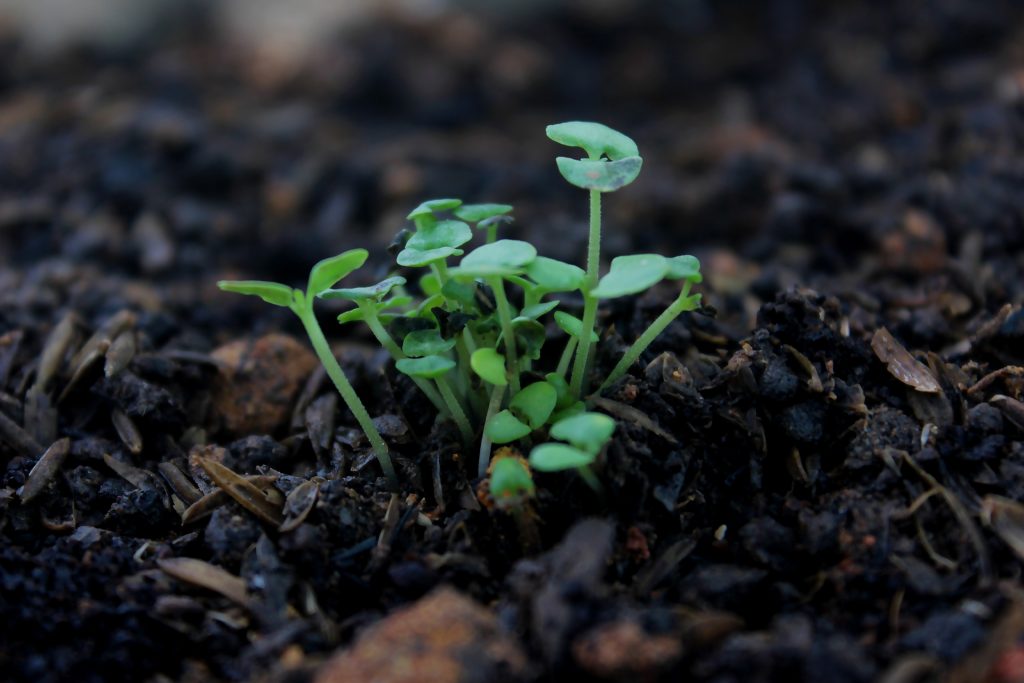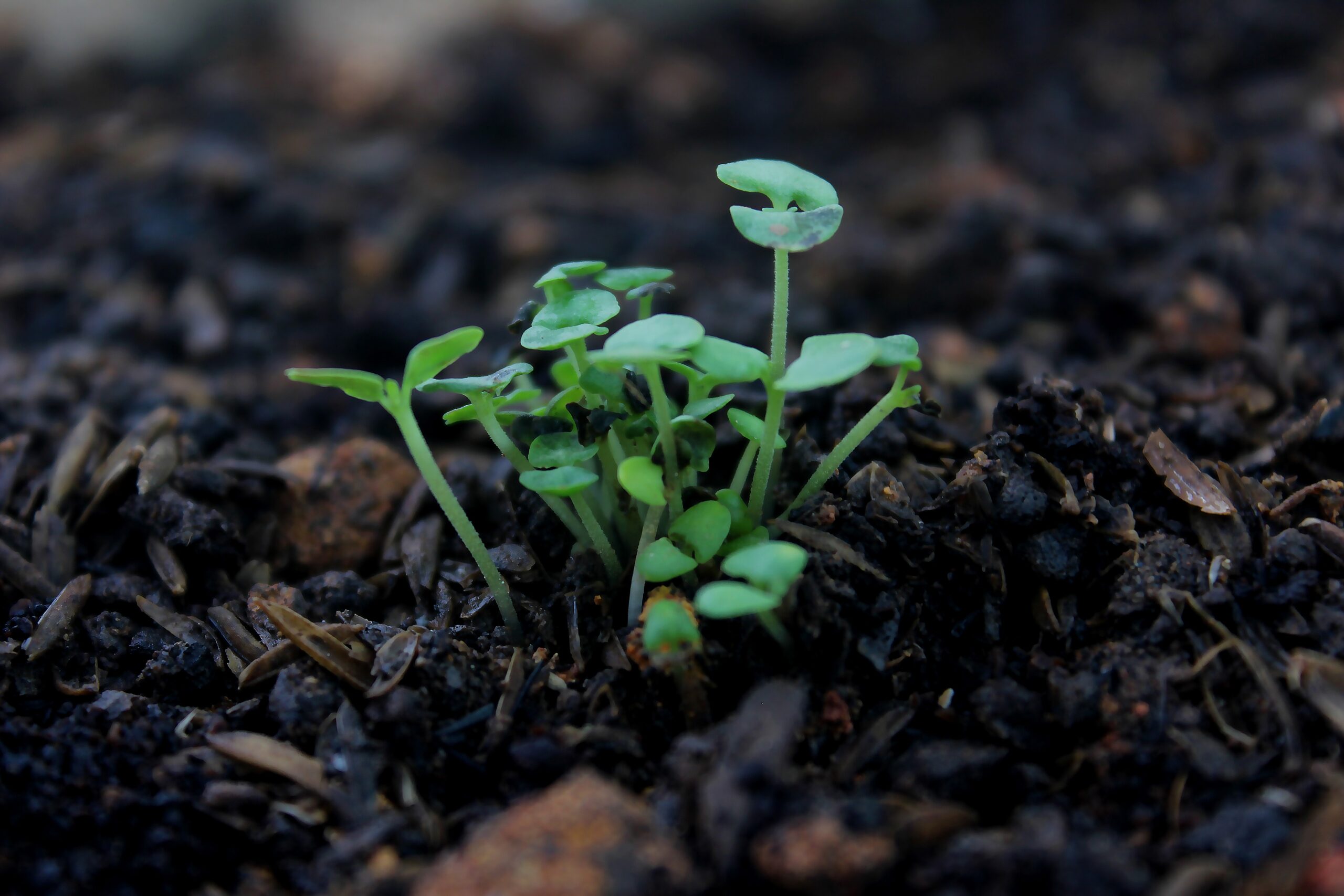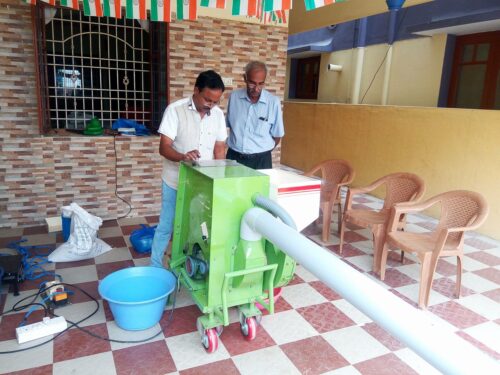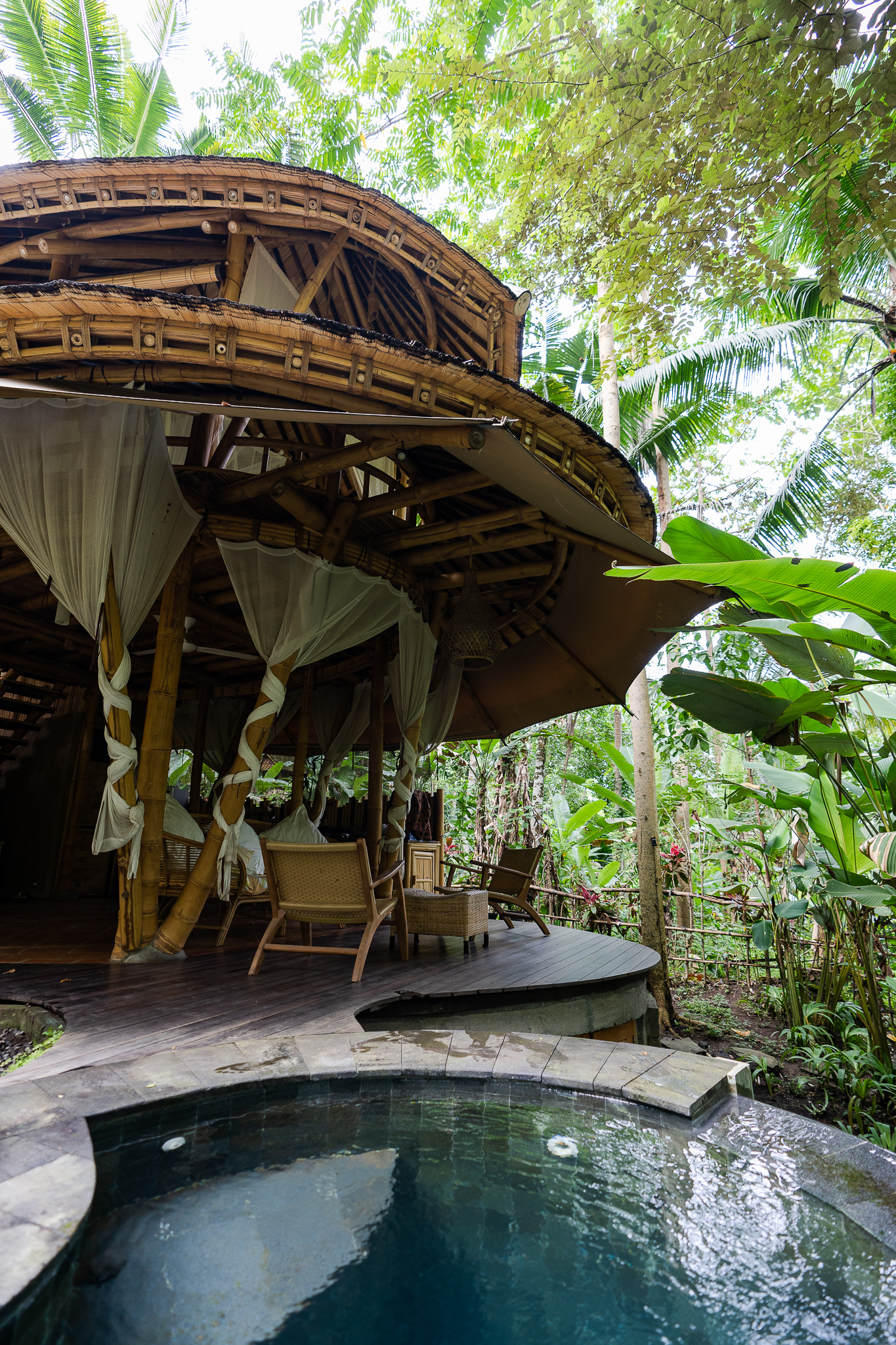(Story Inputs: Naresh, farmer and green technology enthusiast)
Covid pandemic pulled millions of people into adversity; and imposed nationwide lockdown for weeks. These unexpected situations created chaos among people. However, there are few developments that gave us hope for alternative living styles and environmental rejuvenation.
For an example, in April 2020, Central Pollution Control Board records (CPCB) reported the water quality improvement across 19 major rivers in India during complete lockdown.
These are some of the positive climate developments while Covid-19 gave break from regular industrial operations; and the its impact is clearly visible on environment.
However, the global leadership is under pressure to achieve missed economic goals after lockdown. In simple words, both corporations and policy makers are rushing to achieve missed operational goals by scaling up industrial operations in a short span of time. It is directly proportional to emissions.
So, whatever we are seeing is a short term gain, however over the time there won’t be any significant difference in terms of environmental rejuvenation once regular industrial operations started in long run.
However, these experiences giving us an opportunity to develop concurrent climate plans and policies in economic recovery. It is a good sign that several nations are utilizing this opportunity to nurture economies while proposing ‘Green Recovery’ plans.

“A green recovery is one that tackles the climate, biodiversity and pollution crises at the same time. Some countries are already designing stimulus packages that include actions for forests, wetlands, soils and green cities. At the UN Biodiversity Summit, we saw a remarkable groundswell of political commitment to nature. But now we must step up on a massive-scale, actions to restore our degraded ecosystems,” said Inger Andersen, Executive Director of the United Nations Environment Programme.
Towards greening economy, France has announced the recovery package about one-third of €100 billion (US$ 120 billion) recovery package which intends for “agro-ecological transitions”, clean buildings, industry and transport.
New Zealand allocated NZ$ 1.1 billion (US$ 750 million) funds in areas like wetland restoration, the revegetation of conservation areas and the protection of riparian zones while creating upto 11,000 “environmental jobs”.
According to Bloomberg analysis, Germany’s 130 billion euro ($ 145 billion) recovery package proposed to promote climate friendly technologies and industries.
Several other countries are also proposing green recovery plans to get benefit out of climate & economy recovery in the post covid times.
So, what does ‘Green Recovery’ mean for ecopreneurship opportunities?
Green entrepreneurship, eco entrepreneurship or ecopreneurship widely used terminology interchangeably. Ecopreneurship was an answer to market breakdown in dealing with negative environmental impact caused by the industries (Pastakia, 1998). Schaper (2002) also believed that the transition of sustainable development will need huge numbers of ecopreneurs.
If we want to understand the concept of ecopreneurship, we should aware of existed development model.
let’s say whatever we are calling as development such as Information, communication, technology, transport, real estate etc. etc….
It is all about connecting people right?
Exactly!! So far development perspective is prioritizing are connecting people!

The key objective of the current development perspective is all about connecting people. However, while people are trying to connect each other, knowingly or unknowingly; fortunately or unfortunately, we disconnected with nature.
As per the reports of Inter governmental Science-Policy Platform on Biodiversity and Ecosystem Services (IPBES), about one million and plant species are threatened with extinction.

Just imagine, we have billions of connected people on one side and billions of elements in nature.
What if permutations and combinations of people and nature mean for development. Unlimited possibilities.
Exactly!
The promising development perspective for 21st century is
all about Reconnecting People with Nature!
According to the Global Commission on the Climate and Economy report, tackling climate change alone is a 26$ trillion-dollar economic opportunity. So, if it is not now? when? It is the crucial time for any nation to take advantage of such opportunities.
So, the proposed Green Recovery policies are boon for ecopreneurship opportunities.
Important sectors for Ecopreneurs
Agriculture: The one and only sector which is securing food for billions of people; and providing livelihood opportunities for at least half of the population is Agriculture. According to the world food program, the world has to face a shortage of food grains due to lockdowns, climate patterns across the world.
So far, the typical agricultural growth parameters are considered by amounts of fertilizers and pesticides used. export, import bills etc. But these growth parameters have not yet achieved zero hunger, nutritional security, ecological feasibility and other pressing ecological goals. So, It is a time for reinventing the methodologies; and stabilize farming as a well-deserved profession while achieving fair income for the producers.
More number of crops at the farm reflects more food value chains, crop diversity, biodiversity, nutritional security etc. So, let entrepreneurs intervene, innovate and incorporate such diversified food value chains.
Afforestry: The rapid population growth, and industrial requirements are creating huge pressure on forest lands. Unfortunately, acres of forest land is denotified for different purposes; and it has a clear impact on weather patterns. So, we have to restore the high-density forestry for balancing carbon emissions while justifying the carbon economy spending. The scope for ecologically feasible and economically viable farming practices will receive high demand.
Energy sector: According to the International Energy Agency “projected world energy demand forecast to increase 19 percentage by 2040”; And renewables are expected to supply 8% total global energy demands. clean energy targets, Decentralizing power distribution, and energy efficient utility markets are giving scope for disruptive innovations in the energy sector.
Travel & Tourism: Travel & Tourism is one of the emerging sectors by contributing socio-economic development of the places. As per World Travel and Tourism council in conjunction with Oxford economics reports, In 2019, US$8.9 trillion contribution to the world’s GDP while providing 1 in jobs around the world. And the tourism sector is becoming a powerful medium between communities for socio-cultural exchange as well. However, the rapid growth of the travel & tourism industry is alarming danger bells for natural resource management. So, sustainable/ responsible tourism models are emerging while addressing such problems.
let’s explore unlimited possibilities
The concept of Ecopreneurship is one of the promising & emerging model for sustainable development in 21st century. As it is emerging, opportunities are limited not limited to any one sector. Just Imagine, the possibilities of permutations and combinations, when billions people started reconnecting with billions of elements in nature. Truly unlimited possibilities; with unpredictable innovations.
what is your innovation for ‘Green Recovery’?
– Lingala Naresh





